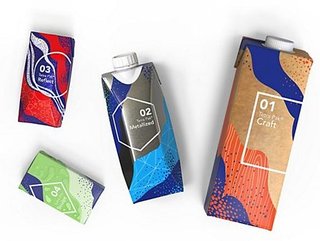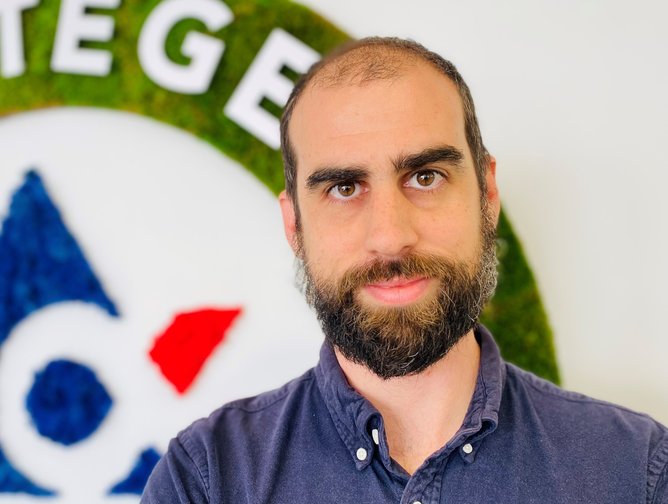Tetra Pak: Consumers are Driving Plastic Packaging Reduction

Are consumer demands around sustainability changing the way that the food and beverage industry operates? Research from world leading food processing and packaging solutions company Tetra Pak reveals that consumers are demanding a reduction in plastic packaging - and business leaders are responding.
“The food and beverage industry is at a critical moment, rethinking its way of doing business to help address the climate emergency and dealing with the inevitable impact this has on their operations and solutions,” explains Gilles Tisserand, Vice President Climate & Biodiversity, Tetra Pak.
“They are looking to suppliers to help them thrive in an increasingly competitive market and we remain committed to playing our part, keeping the innovation engine running to develop new research, collaborative ecosystems and product offering.”

Half of businesses surveyed cite consumer demand as the main catalyst behind implementing new sustainable solutions within the manufacturing and processing arena – with 74% of consumers intention to buy increasing if the brand talks about environmental topics and 42% believing that an “environmentally sound package” justifies a higher price, it makes sense.
Tetra Pak’s sustainability strategy
Headquartered in Switzerland and founded in 1951, Tetra Pak’s safe, innovative and environmentally sound products meet the needs of hundreds of millions of people in more than 160 countries every day. The company employs more than 23,000 employees around the world to provide food packaging and processing services.
Tetra Pak takes an integrated view on sustainability and has eight focus areas:
- Food safety and quality. Tetra Pak contributes to secure, resilient and sustainable global food systems to feed a growing population
- Food loss and waste. More than a third of food is wasted, and recovering just half of it would be enough to feed the world. Food loss occurs during production and food waste is driven by short shelf lives and unsustainable consumer consumption practices. Tetra Pak is working to reduce both
- Food access and availability. Working to feed the growing population whilst decreasing environmental impact
- Social sustainability. Respecting human rights across the value chain, supporting working and communities, protecting food, people and the planet
- Climate and decarbonisation. Produce, process, package and distribute more sustainably, reducing the environmental impact at every step of the value chain
- Biodiversity and nature. Restoring and protecting ecosystems and reducing the impact on nature
- Circularity and recycling. Tetra Pak aims to lead the way in developing circular food systems to prevent food waste
- Workforce. By building an internal culture that ensures workforce safety, health and wellbeing, Tetra Pak makes sure that every employee is respected, included, engaged, offered fair opportunities and treated equally irrespective of their background.
“At Tetra Pak, our innovation pathway is driven by renewability and recyclability, ensuring the decarbonisation and circularity of materials and addressing the need for sustainable food packaging,” says Gilles.
“Findings such as the fact that cartons are considered by consumers to be the most ‘environmentally sound’ beverage package, while plastic is considered the least, are a testament that we are on the right path. You only need to look at the fact that we sold 46% more packages made with plant-based polymers in 2023 compared to 2021 to see that the industry is committed to change.”
******
Make sure you check out the latest edition of Sustainability Magazine and also sign up to our global conference series - Sustainability LIVE 2024
******
Sustainability Magazine is a BizClik brand
******






